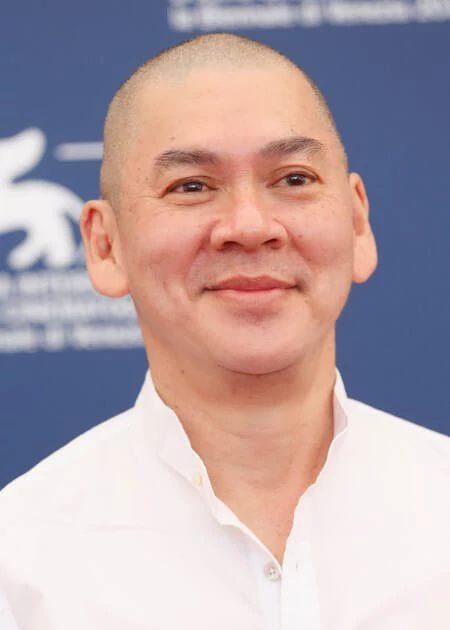
A pillar of the Taiwanese New Wave. Slow pacing, sly comedy and offbeat musical numbers characterize his most popular films, sadly his later work is bogged down by too much navel-gazing and endless introspection. His core oeuvre is essential though.
Movies
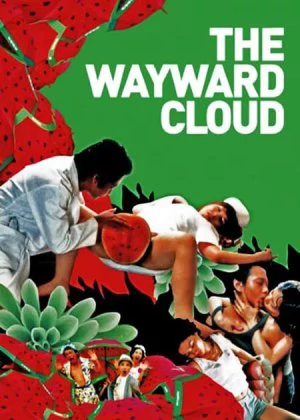
The acting is top-notch, the camera work is spot on and Tsai's sense of humor is both unique and funny. Add to that one of the most stupefying and epic endings and you get my favorite Tsai.
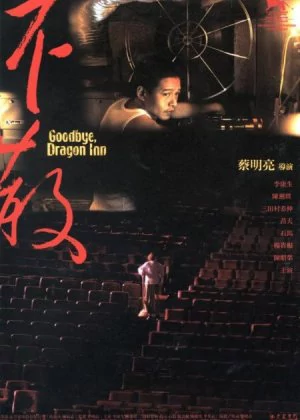
Tsai allows you to slow down along with it, transporting you to a wet and distant place where you can enjoy the final day of a local cinema.
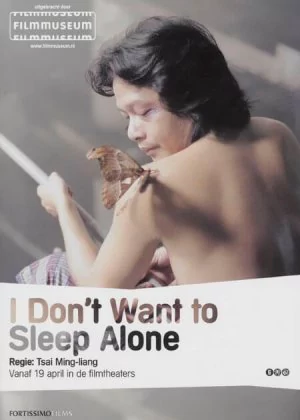
In the end I Don't Want To Sleep Alone is another typical Tsai film, with some slight experimentations that are in no way big enough to attract new viewers or to push away existing fans.
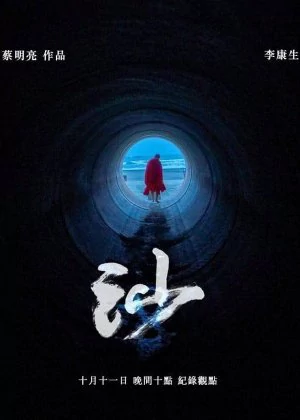
The latest entry in Tsai's Buddhist walker series. I will say I wasn't too impressed with his previous entries, nor with anything he did in the past decade. Tsai has gone more in the direction of ego-documentaries and art installations, and while Sand fits the description of the latter, the longer runtime works in its favor (something surprisingly). The shorts left me pretty cold, mostly because they weren't long enough to get me in the mood. This is the kind of film that transfixes, but it actually needs a certain run-in period to get you in that mood. The aesthetic quality of the film also seems higher, the ambient sounds are soothing, and the length is just right. Pretty hard to recommend, but this film like Tsai making a real effort again.Read all
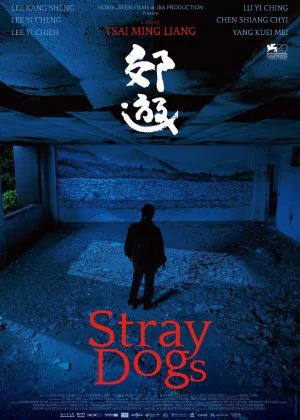
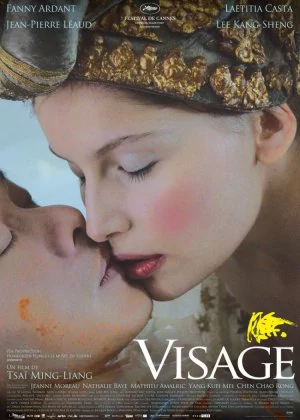
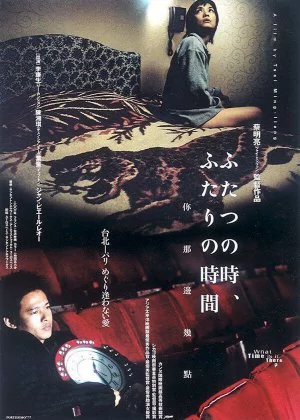
I've been rewatching quite a few Tsai's these past years, the bottom line is that most of them don't really seem to hold up. What Time Is It There? is no exception. I can still see why I liked this so much the first time around, but the sloppier finish (certainly compared to someone like Hou) keeps me from 100% enjoying them. There is quite a bit of humor here, the performances are good and the film has a pleasant flow, it's just that the visuals feel a bit too unpolished. I do like the long takes, but that means lighting, set design, and framing become even more important, and Tsai doesn't always deliver. Still, a worthwhile film, just not the personal favorite I remembered it to be.Read all
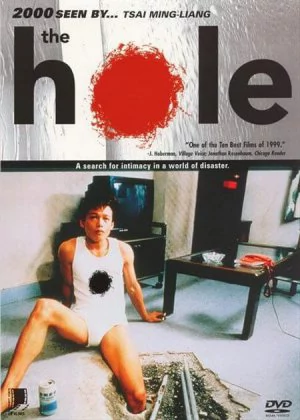
Watching back these older Tsai films, I'm amazed at how dryly absurd they are. They're not full-blown comedies, but they're certainly not just pure dramas either. I had quite a bit of fun revisiting The Hole, the biggest problem for me was the rather plain styling, which Tsai did better in some of his later films. There isn't much dialogue, the pacing is pretty slow and the musical intermezzos are somewhat random (though the lyrics do match the state of the relationship between the two). The dry/sly sense of humor is delightful though and the mix of contrasting elements is quirky. If Tsai hadn't improved his very formula in The Wayward Cloud this might still be a personal favorite, now it just felt a little too much like a try-out for his ultimate masterpiece. It's still a very good film though.Read all
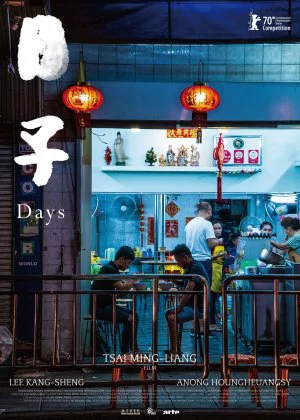
An intentionally unsubtitled film. It sounds like quite an experience, certainly as it's a Taiwanese film, until you realize there is hardly any dialogue. People who have been following Tsai should know what to expect by now. Slow cinema in its purest form, observing people who are walking, sitting and going about their daily business. Fans of slow cinema are no doubt going to love this, personally I don't think the cinematography is strong enough (though it is quite pleasant) to carry a film with no actual plot or dialogues. It's just endless scenes of Lee and Houngheuangsy doing very little at all, and that for two hours straight.Read all
Chacun Son Cinéma
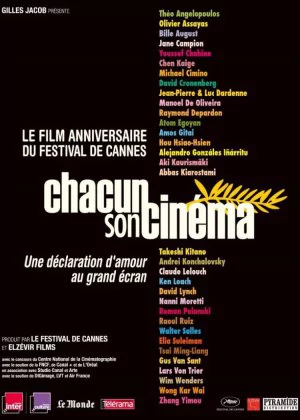
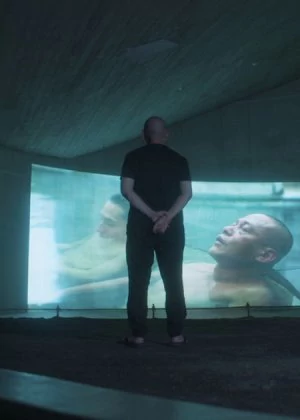
Most people have lost track of Tsai's work long ago, only a few dedicated arthouse fans know what the man's been up to lately. I can't say I've had too much interest in the things he's been doing this past decade, though they haven't been all bad. Wandering could be interpreted as closure for this period in his career, though that may be just my wishful thinking. As she leaves the exhibition she finds herself in the middle of nature, looking content. That's exactly how I felt after watching Wandering. Tsai delivers some fine shots and the soundtrack is nice, but it's good to see him bring this project to an end. This is for a very niche audience of which I'm not truly a part of. I do appreciate bits and pieces of it, but only to a certain point. Not the strongest, but also not the weakest in the series.Read all
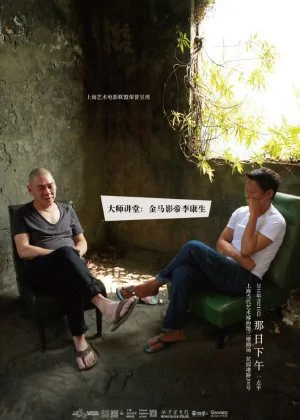
More art project than documentary, even so this conversation between director Ming-liang Tsai and his protégé Kang-sheng Lee wasn't as dull as I had feared. It doesn't feel entirely natural and Tsai is a little too dominant, but it does offer a nice peek into the lives of two famous men who left an incredible mark on Taiwanese cinema. 135 minutes is just too long though.
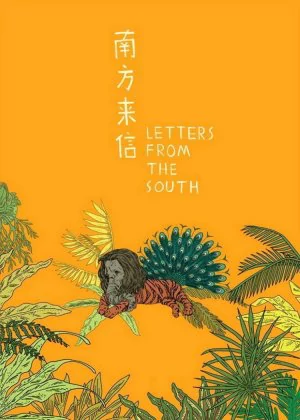
I'm quite partial to anthology films, as they allow directors to go a little crazy. Because they are comprised of several shorts, these projects allow for a little more risk. One or two failed entries don't necessarily mean a failed film. For the larger part, anthology films deliver, but only when the directors are willing to play. Letters from the South was a bit disappointing though. For the larger part it's just run-of-the-mill arthouse shorts that don't offer anything unusual or memorable. Aditya Assarat, Sun Koh and Midi Z are interesting names on paper, but their entries felt muddled, unadventurous and a little lazy. Royston Tan's execution is better, but not up to par with his feature films. Tsai on the other hand delivers the biggest disappointment of the bunch (a prelude to Journey to the West). The only one who rose above the pack here was Chui Mui Tan, delivering a challenging and beautiful little film that stands in shrill contrast with the other entries. I expected more from this film.Read all
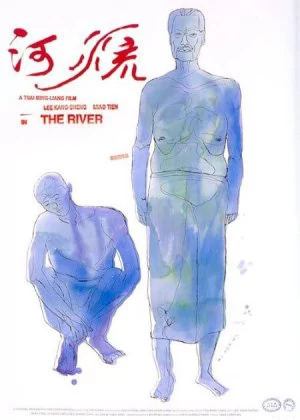
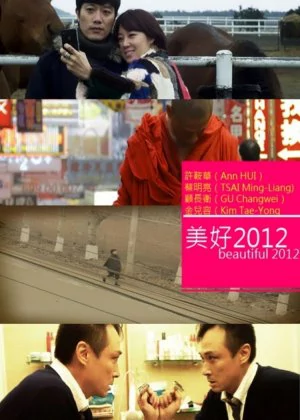
I like a good anthology, but these more arthouse-oriented projects tend to disappoint. Beautiful 2012 managed to attract some interesting names, but the result is rather lackluster. None of the shorts really stand out and almost all of them felt rushed and underdeveloped, as if the directors sent in some leftovers. Tsai started his Walker series here, his short is probably the best of the bunch. Kim's short is pretty decent too, with some nice shots here and there, Hui's entry is forgettable and Gu's one is the worst of the bunch. Relatively short and somewhat varied, but unless you are a completist like me there's not that much here.Read all
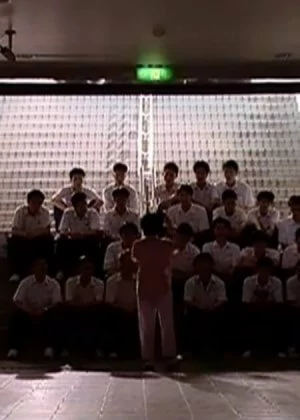
Tsai's TV work is clearly not as great. The story of a kid suffering from a rare disease has potential, but the execution is plain. We see the boy as he struggles through school, while his mom tries to educate the world about the nature of his disease, but apart from some well-scored moments the film lacks impact.
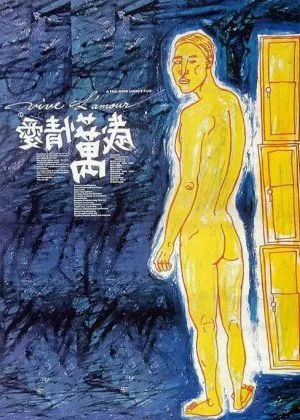
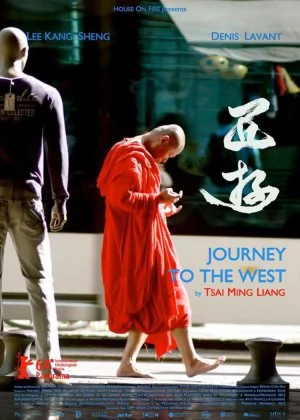
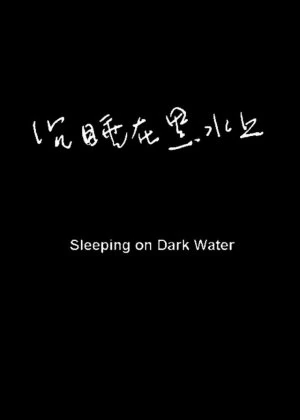
A documentary on I Don’t Want to Sleep Alone, directed by Tsai himself. It's little more than a simple behind-the-scenes doc though, with Tsai contemplating some shots and explaining his motivations for making the film. While I did like I Don’t Want to Sleep Alone, I think you're better off just watching the film again.
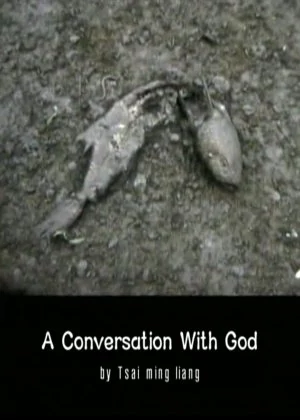
In between his feature films, Tsai has always liked doing documentaries too. They tend to be somewhat rough and unpolished, but they're early indicators of the direction Tsai would come to take in more recent years. Fish, Underground perfectly fits that mold, so it wasn't really for me. Without much background information or context, this isn't really a very coherent doc. It's broadly divided into three equal parts, events or scenes that Tsai simply captures on camera. The middle part, with the dead fish in the ground, is the most captivating one, though only in a very abstract way. The footage too rough for what could've been an atmospheric slice of life, the lack of coherence is too grand for any obvious themes to transpire. What you get is Tsai's lingering camera focusing on three scenes he deemed interesting for some reason or another. I clearly prefer his feature films, this is a bit too meandering and amateurish for my taste. Read all
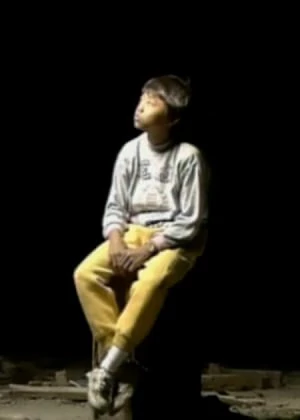
Another made-for-TV Tsai film. Without Tsai's usual focus on style and minimalism, his films are little more than social criticism. Fine if that's your thing, but this rather bleak and unattractive peak into the lives of poor immigrant construction workers didn't really do it for me. I prefer his more cinematic work.
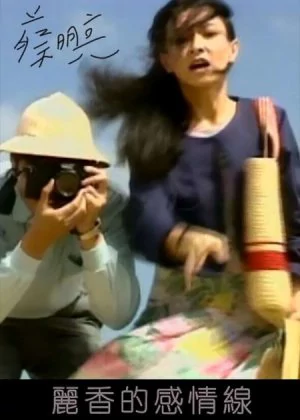
I've seen a bunch of Tsai's pre-cinema films now and though somewhat relevant to the filmmaker he would become, these TV dramas aren't all that great. You see flashes of Tsai's later self, but the poor production values and lacking cinematic appeal really hamper the enjoyment for me. The performances aren't great, the cinematography is mostly functional, the soundtrack feels tacked on, and the romance never truly grabbed me. It's nice to see traces of Tsai's lingering style, and it's a touch better than your average TV drama, but it doesn't begin to compare to his later films.Read all

The start of Ming-liang Tsai's career. Like his other TV work, there are small glimpses of the style that would bring him international recognition, but they are hidden in very mediocre TV drama. These films are hardly worth the trouble, unless you're a completist like me and you just want to watch all of Tsai's films.
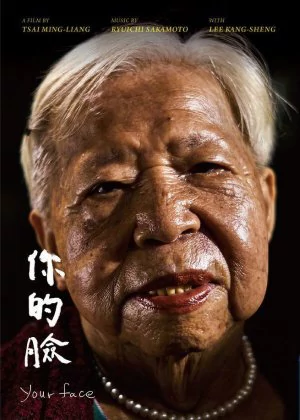
I used to like Tsai's films, but ever since he turned his back on feature films his work has gone downhill. I'm not sure what Tsai hoped to discover here, but unless you like regular folk sitting awkwardly in front of a camera, unsure what to do, then there's very little here. Point in case one interviewee who fell asleep.
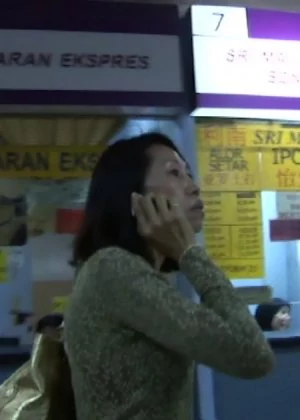
This was a really poor effort by Tsai. Madame Butterfly is a short film from around the time Tsai's feature films started to slip, as he seemed more and more interested in documentary film making and even art installations. It's not that I hate slow cinema by default, but there has to be more than a camera trailing someone for 30 minutes across two locations. The camera work is extremely plain, the performances weren't very convincing and the plot is virtually nonexistent. It's probably supposed to come off very lifelike and natural, but this simply didn't work for me, hence it became an extreme drag. Much like Tsai's other films from the past decade or so.Read all
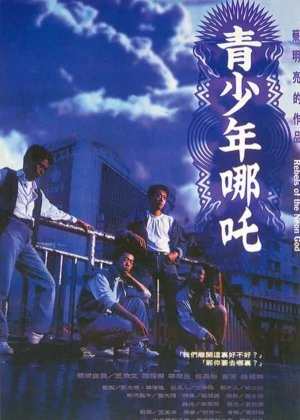
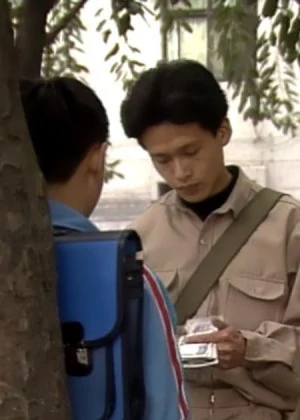
Tsai's final TV film, before he would start his cinematic run (and his rise to arthouse stardom). It's also the first film that would kick off his lifelong collaboration with Kang-sheng Lee. A landmark in other words, but only if you care about Tsai's career, as the film itself is pretty bland. If you like to plot the journey of a director then Boys is an essential piece in Tsai's oeuvre. At the same time, it's a very cheap TV film with mediocre acting, poor execution and subpar styling. I didn't get a lot out of it to be honest, then again it wasn't until Tsai hit the early 00s that I started liking his films.Read all